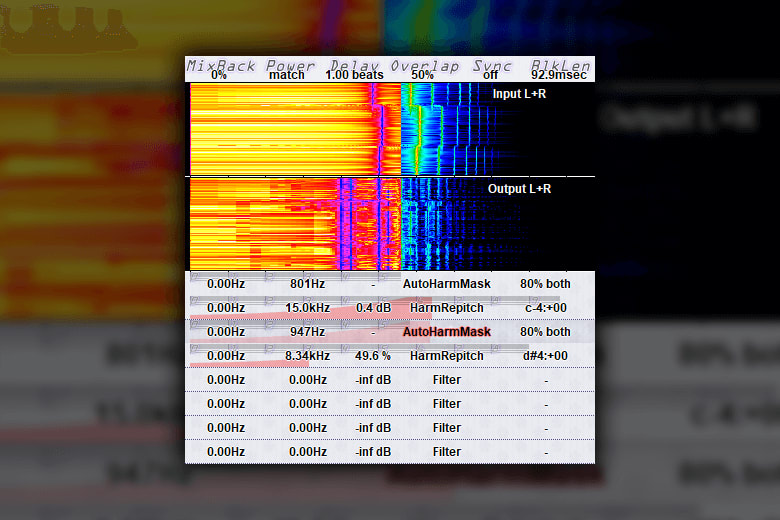Hi, my name's Gus and I'm a third year student in Seneca's Computer Programming and Analysis program. I'm located in Toronto. I'm taking this course based on the (strong) recommendation of a former student and I'm already very glad I chose to do so. The concept of open source appeals to me, but moreover I'm just stoked to get to work on a project of my own choosing and use what I've learned thus far to do something exciting to me personally. I have lots of hobbies unrelated to programming so I've never really taken the opportunity to work on a project of my choosing, but I think this is the perfect opportunity to merge some of those interest and work on something I'm passionate about.
To that end I've researched a couple open source projects and found some interesting prospects. My main hobby is electronic music production, and I use many VST plugins to enable me to do so. I've tried to get into writing plugins before, reading up on Digital Signal Processing theory and JUCE, a commonly used C++ framework. None of those efforts have ultimately come to fruition, and I feel like I've just been nibbling around the edges of the subject and now it's time to dig in.
One open source VST I've been using a lot lately is DtBlkFx, or Datablock as I call it. Datablock is essentially a collection of audio effects that can be stacked sequentially to get some really crazy sounds. The plugin's source code was redistributed as a 64 bit version with the original author's permission. That said, it's noted in the repo that the project is messy. I'm not sure yet if that makes it better or worse for the purposes of this course.
DISTRHO Nekobi is an open source VST that I found that's very interesting. It's modeled after the Roland TB-303, a legendary synth that's instantly recognizable in recordings by the likes of The Prodigy and Aphex Twin and led to the creation of the "acid" genre. It looks like a fairly pared down, straightforward version of the 303 but I know synths are generally more complicated projects as they encompass oscillators which generate the audio signal as well as filters and effects which effect the audio signal. I'm not sure whether it would be a good beginner VST project for this reason, but again I'm looking to really sink my teeth in to a VST project so maybe this would be a good opportunity.
What's really interesting to me about this VST is that it's made using a framework I've just learned about in my research for this class. I mentioned previously I'd explored JUCE, which is a robust, partially open source C++ framework for developing VST plugins. Nekobi however, is made using DISTRHO, a fully open source plugin framework built with the express intention of making plugin development an easy and enjoyable task. What better way to start my open source development than to use an open source framework to get there?
Hopefully this gives you a picture of what I'm looking at working on this term for OSD600 and why. I think it's probably pretty apparent the prospect of working on the latter option excites me more, but like I said I'm not sure yet which is more appropriate for the purposes of the course. That's it for me for now, till next time.




Top comments (0)